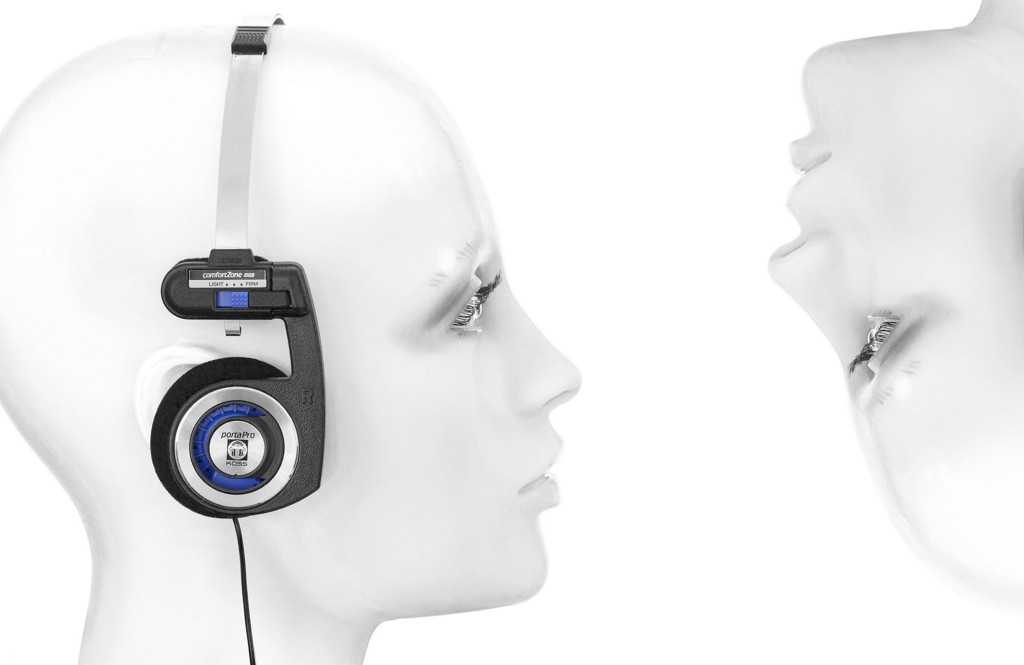You Will Know Them By Their Whoops
Why do we want to be surprised by “The Millennial Whoop” in pop music?

Two weeks ago, a musician named Patrick Metzger wrote a slick-looking blog post about a trend he’s observed in recent pop songs that he says has “plagued the airwaves for the past several years.” He nicknamed it “The Millennial Whoop”—the toggle between the fifth and the third pitch on a diatonic scale. Even though it’s obviously been around forever, as long as there’s been music and probably long before then too, it is definitely having “a moment.”
But the real pickup came a week later, when Quartz turned it into an insanely sharable video with all the examples compiled next to each other and next thing you know we’re back to “decoding millennials” as though they’re sending each other subliminal messages.
“The Millennial Whoop”: The same annoying whooping sound is showing up in every popular song
First of all: no. This is not a millennial thing. It’s a laziness thing. All the songs sound the same because they ARE the same. It’s also an echo chamber: many of them are written by the same few producers. As Metzger writes, “It’s the kind of musical phrase that we seem to know instinctively.” Yes, yes. Almost like baby talk or birdsong. So if we all know it, then what does it have to do with millennials? Most of them aren’t producing or really even writing any of this stuff, they’re just iterating. Also, what’s more interesting here is not the notes themselves but the repetition of the same syllables, “wa-oh, wa-oh, oh, oh.” This isn’t happening in all pop songs, it’s just that pop songs have become so tautologically defined as to require a millennial whoop to sound like pop music.
But we’re determined to credit the mysterious monolith—we are captivated by a demographic that marketers basically invented because we live in a social era where the only thing that matters is an audience. The real story here is the lag time between Metzger’s post and the explosion of the story in the general population’s newsfeeds. Quartz’s Michael Tabb basically struck platinum by quilting all the whoops together into a video, sponsored by the luxury car brand Jaguar. From there, it was off to the races. Just look at some of the headlines around this whoop story:
The Millenial Woop: The Reason Current Pop Songs Are So Catchy
(Elle UK)
Isn’t it whoop not woop? Also the subhed is really reaching: “singers using secret subliminal messaging that has their songs in your head for days”
The Millennial Whoop: the melodic hook that’s taken over pop music (The Guardian)
This one actually might be accurate, but it’s still fueling the millennial fire.
Once you hear it, you can never un-hear it (Maxim)
Yes, because it’s literally everywhere, not just pop music.
The ‘Millennial Whoop’: The Musical Trope That’s Suddenly Everywhere (Mental Floss)
Not so suddenly, but everywhere, yes.
The millennial whoop: the key to modern pop (BBC)
Yep. Now we all know
THIS WEIRD MUSIC THEORY WILL BLOW YOUR DAMN MIND (Paper)
Having your mind blown by this is like having your mind blown by those “crazy card trick” websites that read your mind and tell you which card you chose because you were subtly directed to by the game’s instructions. We know it’s fixed but we want to believe.

But the whoop is not exactly a hoax or a trick, but neither is it something we should be so impressed by. The Outline’s audio director John Lagomarsino wrote in an email, “It may be true that that gesture is occurring more frequently in modern pop music, but I’d be inclined to read that as just part of the musical vernacular, like certain patterns in drum beats, or common bassline gestures. It’s just another hallmark of a style.” A pretty tired style if you ask me!
Awl pal and musicologist Brian Barone said, “There’s a long history in western thought about music of essentializing moves equating certain sounds with certain groups of people — “women’s music” goes like this; “African music” works like that. Which, uh, can be a pretty busted approach both musicologically and politically.” He also asked the most important question, “is the idea that the Millennial Whoop expresses something about millennialness? Or that something about our “generational character” draws us to it?” No. The name is just branding, like any other thing we apply it to. You know what else could we say has a millennial sound to it?
Tufted titmouse
XC33596 Tufted Titmouse (Baeolophus bicolor)
Cuckoo clock
A Gregorian chant
MillennialWhoop for the millennia. #GregorianChant. #Mode5 (alternating scale degrees 5/3/5/3)
Beethoven’s Für Elise
We’ve been harping on this pattern for a long time, and it’s never going away. It’s not really even bad or annoying, but after a while it does get repetitious. But it doesn’t have to be that way! Try a little Fiona Apple once in a while:
Yeah there are thirds and fifths in there too, because those are some of the most basic building blocks of music. Nothing wrong when a song ends in a minor key. Make note, millennials.
